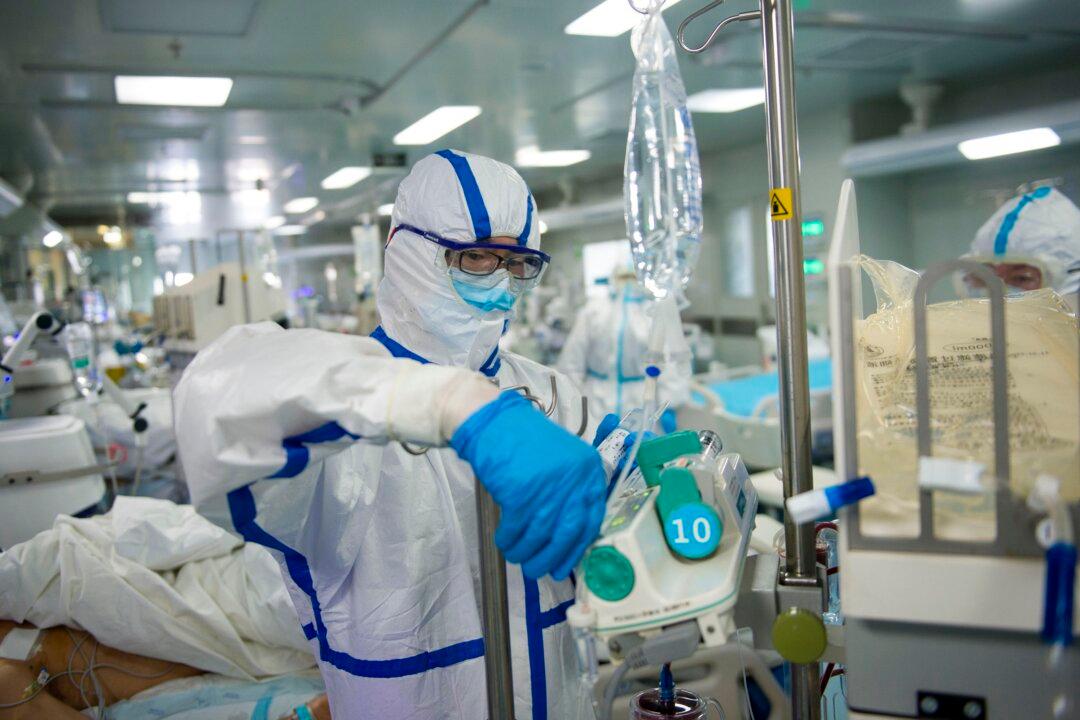Months before the CCP virus developed into a global pandemic, Wuhan doctors tried signaling their concerns about a mysterious pneumonia caused by a SARS-like virus. Instead of allowing the warnings to flow to the public, Chinese authorities censored the information and reprimanded the doctors for “spreading rumors.”
As more information about the virus emerged, the Chinese Communist Party (CCP) failed to share it with the rest of the world and instead downplayed its severity. It withheld information, censored reports, and made false misrepresentations to the Chinese people and the international community.




